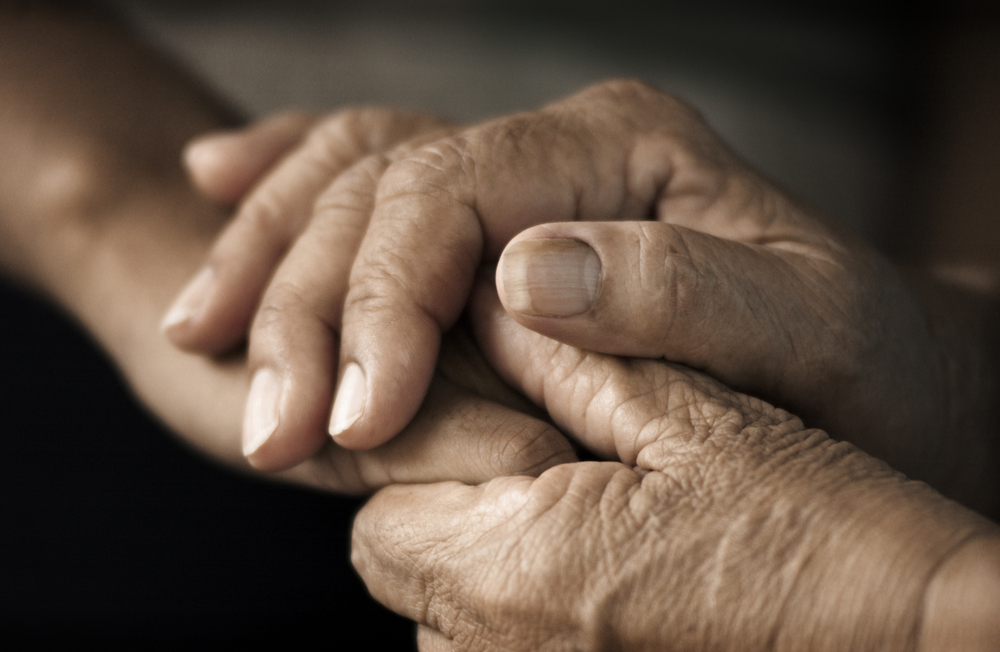Cytori’s Cell Therapy Offers Long-Term Benefits for Scleroderma Patients with Impaired Hand Function

Late stage cell therapy developer Cytori Therapeutics, a company creating autologous cell therapies from adipose tissue to treat a variety of medical conditions, recently published its findings from a 12-month clinical follow-up of scleroderma patients who were enrolled in the Scleradec-I clinical trial on hand dysfunction associated with the disease. The Scleradec-I study, an investigator-initiated, open-label 12 patient trial, was led by Dr. Brigitte Granel and Dr. Guy Magalon from the Assistance Publique des Hôpitaux de Marseille. The manuscript, titled, “Autologous adipose-derived stromal vascular fraction in patients with systemic sclerosis: 12-month follow-up” was published in the journal Rheumatology.
Cytori’s findings demonstrate that a single treatment with the company’s proprietary Cytori Cell Therapy, also known as ECCS-50, caused prolonged improvements in scleroderma patients with impaired hand function. The researchers had assessed patients hand function using a validated clinical measure called the Cochin Hand Function Scale, along with overall health status using the Scleroderma Health Activity Questionnaire, and noted significant improvement from baseline by an average of 51.3% and 46.8%, respectively, at 12 months post-treatment (less-than or equal to 0.001 for both). Raynaud’s Condition Score, which measures the incidence and severity of Raynaud’s phenomena, decreased by 63.2% from baseline at 12 months (p<0.001). Other notable findings include a 30.5% increase from baseline in grip strength (p=0.002) and a 34.5% improvement from baseline in pain (p=0.052).
In line with follow-up data gathered from these patients 6 months after treatment, the recently published 12-month follow-up data revealed that treatment with Cytori’s Cell Therapy offers long-term benefits across several endpoints, such as in fibrotic activity in the hand, which declined by 22.9% relative to baseline (p=0.014). Capillaroscopic assessment of vascular suppression improved by 35% compared to baseline (pless-than or equal to 0.001) also showed improvement at 12 months.
RELATED: Human Stem Cell Transplantation Revealed As Promising Treatment For Systemic Sclerosis
To strengthen these findings, Cytori is set to proceed with a European Phase III trial known as Scleradec II, which will be a larger, randomized, controlled trial, and is anticipated to begin before the end of the year.
“The observation that the improvement in hand function and Raynaud’s phenomena that was seen at 6 months, persists to at least 12 months with a single administration of Cytori Cell Therapy should provide added optimism on the outlook of this therapy for patients and their families,” said Dr. Steven Kesten, Chief Medical Officer, Cytori Therapeutics. “The prolonged benefit across a number of concordant endpoints in these patients is very encouraging. The recent start of the STAR trial brings us a step closer to understanding what role Cytori Cell Therapy may have in scleroderma.”






